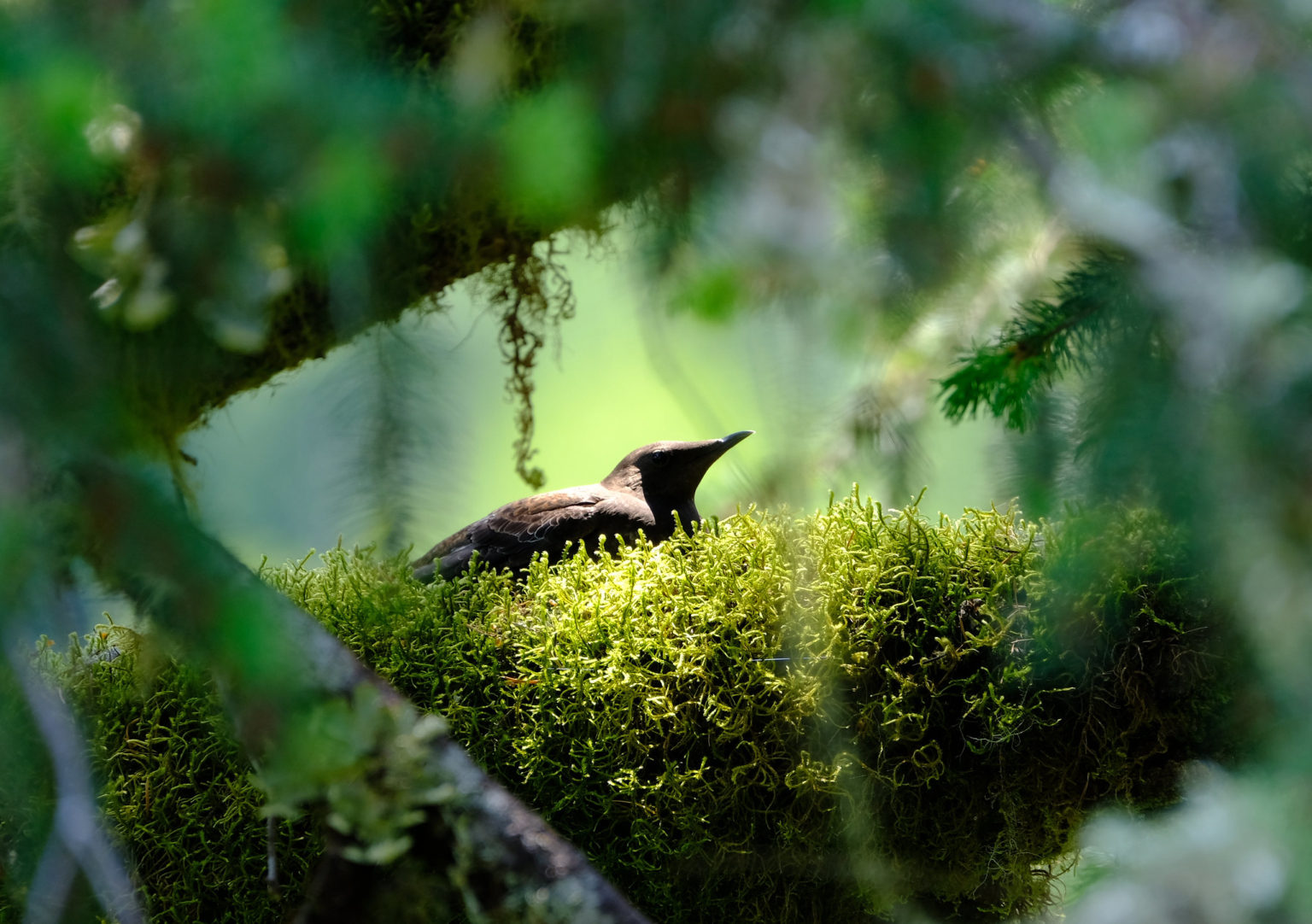
By MICHAEL GENNARO/Courthouse News Service
In a landmark decision, a three-judge panel of the U.S. Ninth Circuit Court of Appeals on Wednesday upheld a lower court’s ruling that prevents a private logging company from clearcutting old growth trees within Oregon’s Elliott State Forest.
The ruling protects the marbled murrelet, a seabird species listed as threatened under the Endangered Species Act.
The court’s decision marks the first time a private timber company has been held accountable in Oregon for potential violations of the Endangered Species Act.
Writing for the three-judge panel in a 26-page opinion, Senior U.S. Circuit Judge Margaret McKeown ruled that the proposed logging of the 355-acre Benson Ridge parcel by Scott Timber would violate federal protections for the marbled murrelet because it would destroy the forests where they live and nest, displacing the birds and preventing them from returning. Logging in the area would also injure the murrelets, because it would disrupt their breeding, McKeown added.
“The district court correctly applied this standard to the facts before it, finding that the proposed logging project would eliminate 49 acres of old-growth forest occupied by marbled murrelets, thereby qualifying as a ‘significant habitat modification or degradation’,’’ McKeown wrote. “The court went on to find that Scott Timber’s proposed clearcut would ‘significantly impair’ the breeding of murrelets by preventing them from returning to that portion of the Benson Tract to nest and engage in other breeding activities for the next century.”
McKeown wrote that expert testimony from the environmentalists was integral to the decision, because it showed that murrelets, if displaced, would return to Benson Ridge indefinitely and would not just take nest somewhere else.
“These findings demonstrate that the chain of events that would result in injury to the murrelets is direct, not attenuated,” McKeown wrote. “The district court thus applied the correct injury standard and committed no factual error in holding that the timber harvest would cause actual injury and therefore ‘harm’ under the ESA,”
The Elliott State Forest, spanning 82,000 acres near Coos Bay, has been a contentious site for over a decade. In 2012, the state of Oregon decided to significantly increase logging levels in the forest, leading to lawsuits from Cascadia Wildlands and the Center for Biological Diversity and Bird Alliance of Oregon, formally known as Portland Audubon. The organizations argued that the state was illegally logging marbled murrelet habitat. An injunction and subsequent settlement in 2014 resulted in the state dropping 26 timber sales and halting logging in occupied murrelet habitats.
“After a decade of advocacy, the rare old growth in Benson Ridge is at last protected from private industry chainsaws,” said Nick Cady, legal director at Cascadia Wildlands, in a statement. “This ruling is significant for the imperiled marbled murrelet and will hopefully dissuade land managers from logging the little remaining coastal old-growth forest in the state.”
Lawyers representing Scott Timber did not immediately respond to requests for comment.
Despite the settlement, the state sold the Benson Ridge parcel and two other tracts, totaling 1,453 acres. Before the sale was final, Cascadia Wildlands, the Center for Biological Diversity and the Bird Alliance of Oregon all warned the timber purchasers that logging these parcels would violate the Endangered Species Act.
The Benson Ridge case, filed in August 2016, centered on violations of the Endangered Species Act, which prohibits harming, harassing, or killing threatened species like the marbled murrelet. Unlike other seabirds, murrelets nest on the wide, mossy branches of large, old growth trees, and travel up to 35 miles inland to feed their young.
“I’m absolutely thrilled that the marbled murrelets of Benson Ridge are safe from logging,” said Noah Greenwald, endangered species director at the Center for Biological Diversity, in a statement. “This court victory makes it clear that timber companies are no more exempt from ending the extinction crisis that plagues these enduring seabirds than the rest of us.”
Recently, stakeholders have worked to “decouple” the Elliott State Forest from the Common School Fund, transitioning it into the Elliott State Research Forest. This move emphasizes older forest conservation and research, ending the obligation to clearcut the forest to fund public schools in Oregon.


